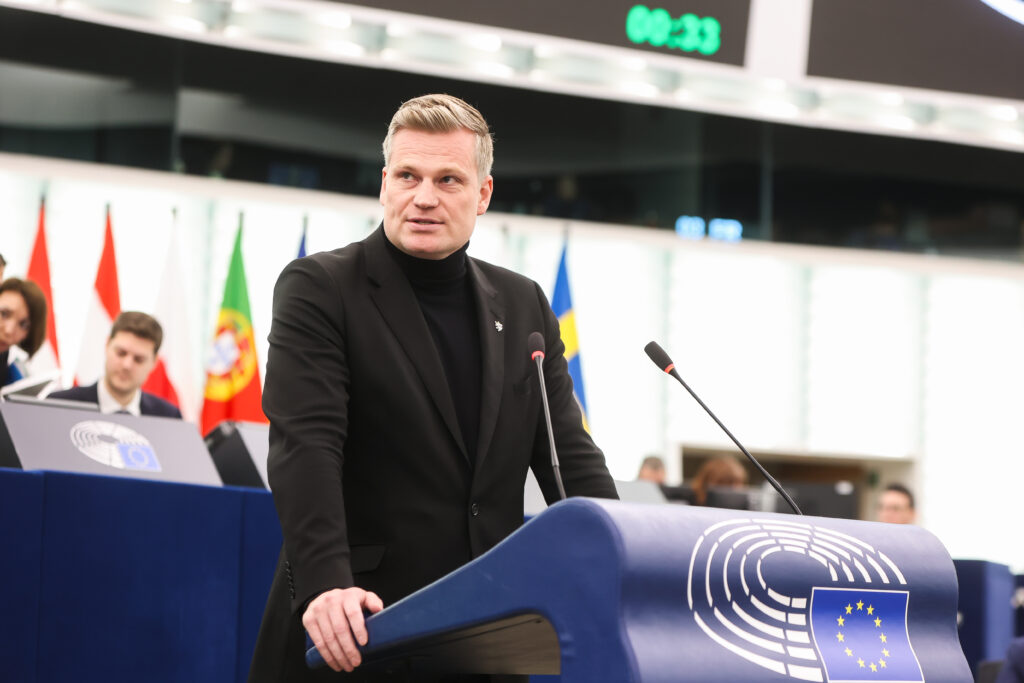Simon Fraser University Professor and (Nobel-winning) Intergovernmental Panel on Climate Change contributor Mark Jaccard has torn the BC New Democratic Party (NDP) policy document into little tiny shreds in an analysis released yesterday [PDF].
The NDP’s environmental proposals are not just doomed to failure, Jaccard said, they will also chase jobs from B.C. in the tens of thousands.
For people not from Canada’s coast, the NDP is a traditional coalition of social policy progressives, labor activists and environmentalists. This particular iteration of the NDP, however, appears intent upon carving off its environmental arm in favour of pandering to the libertarian types who just love to scream about government taxation.
The tax in question – the first formal carbon tax imposed by any jurisdiction in North America – is arguably the most progressive climate change policy on the continent. At just $10 a tonne, it is embarrassingly modest, but it’s a start.
Rather than criticize it as inadequate (a completely reasonable position), the NDP has chosen to attack it as somehow unfair and as less effective than their (according to Jaccard) laughably incosequential alternative.
In fairness, Jaccard doesn’t use the phrase “laughably inconsequential,” but he posts a couple of nice graphs that show the consequences of the NDP’s previous initiatives. And he segues in the this commentary on political cynicism:
There is, conventionally, no reason to be shocked or dismayed that your average politician might be tempted toward short-sightedness and expedience. But in Canada, the NDP once had a reputation for putting principle ahead of political gain. BC NDP leader Carole James promised to forge a new direction when she took over the party. Who knew this was the direction she would choose?
Go here to find out more details about DeSmogBlog’s monthly book give-away.
Subscribe to our newsletter
Stay up to date with DeSmog news and alerts






